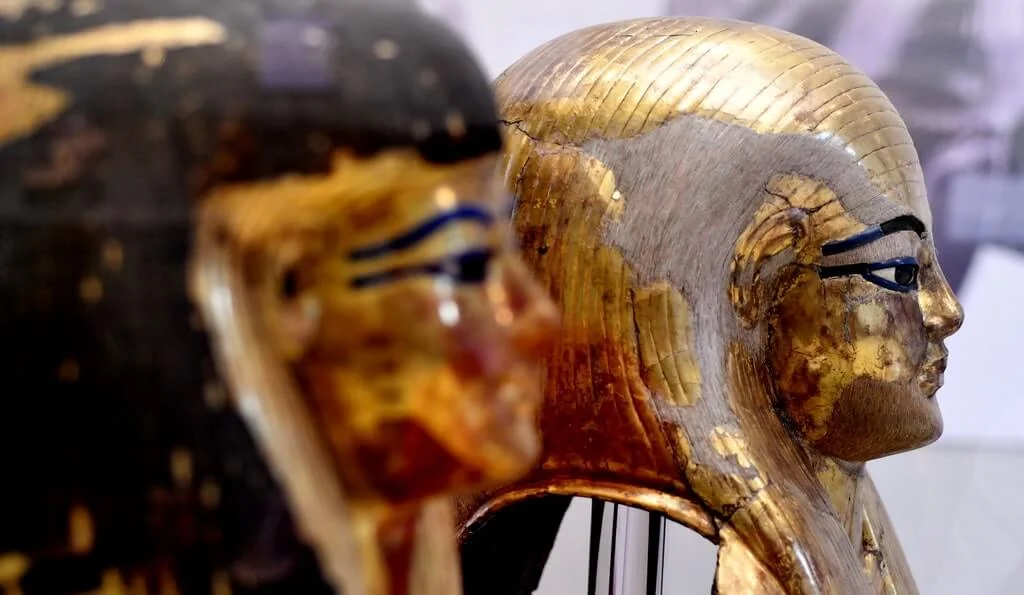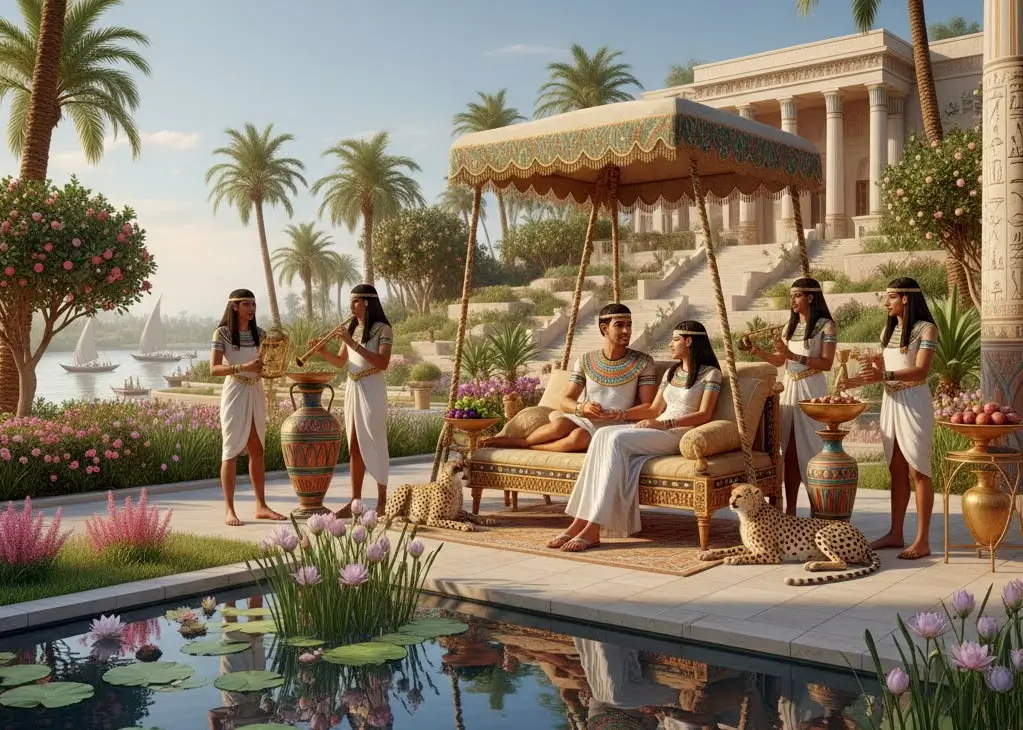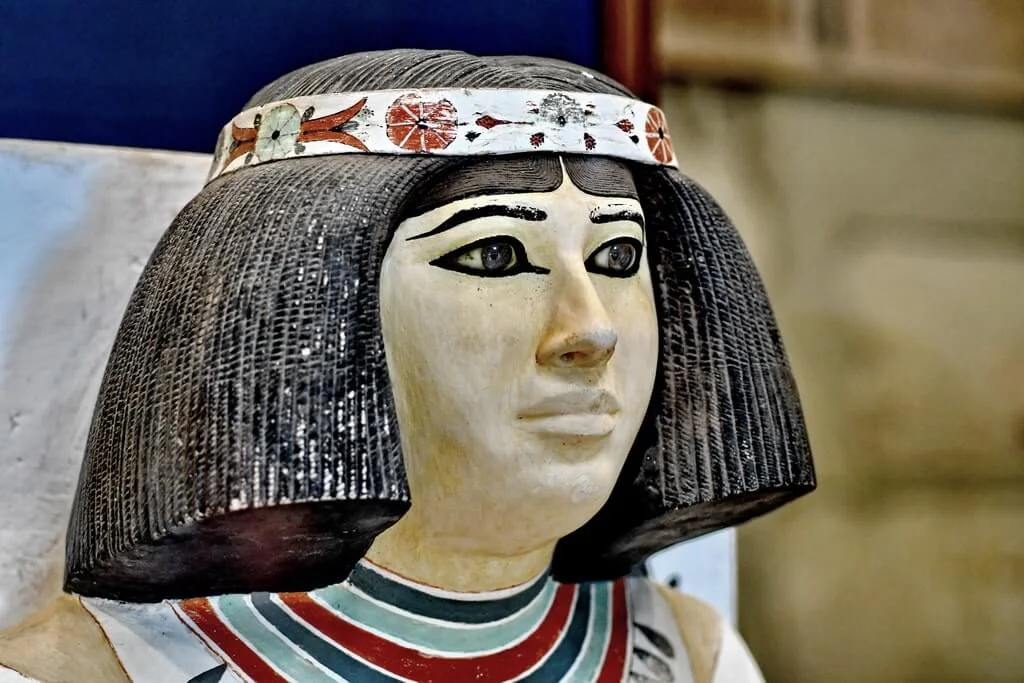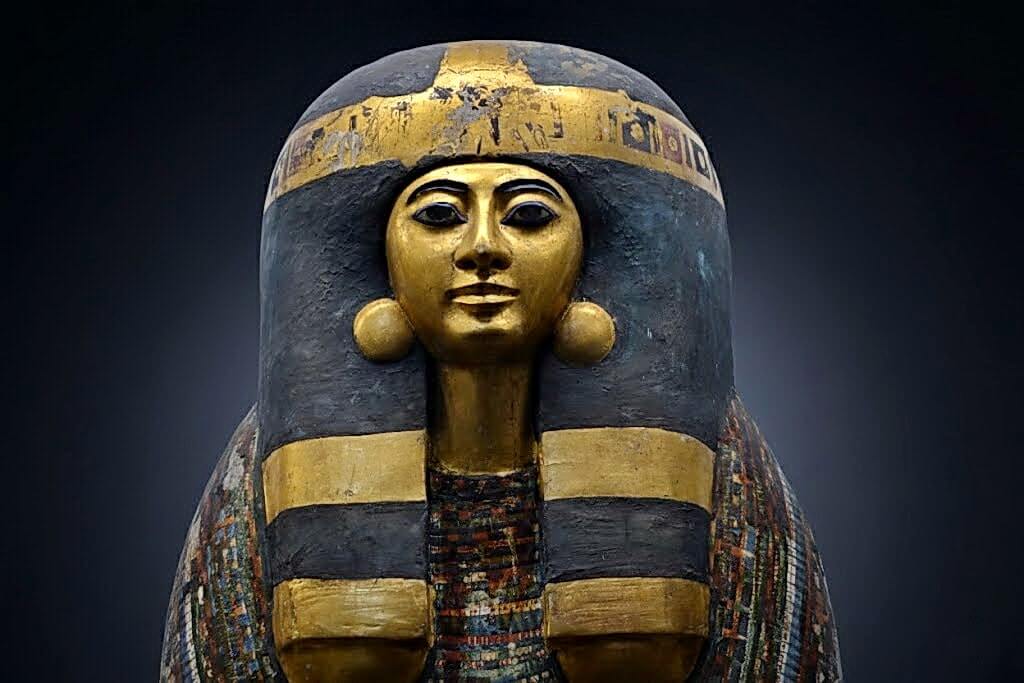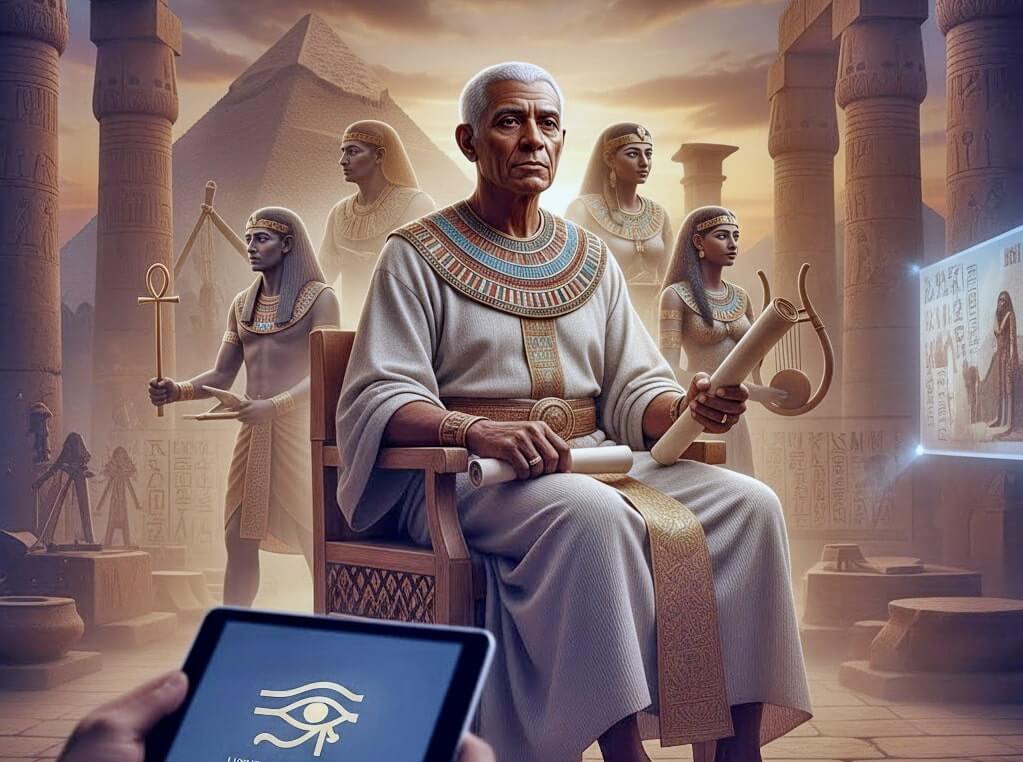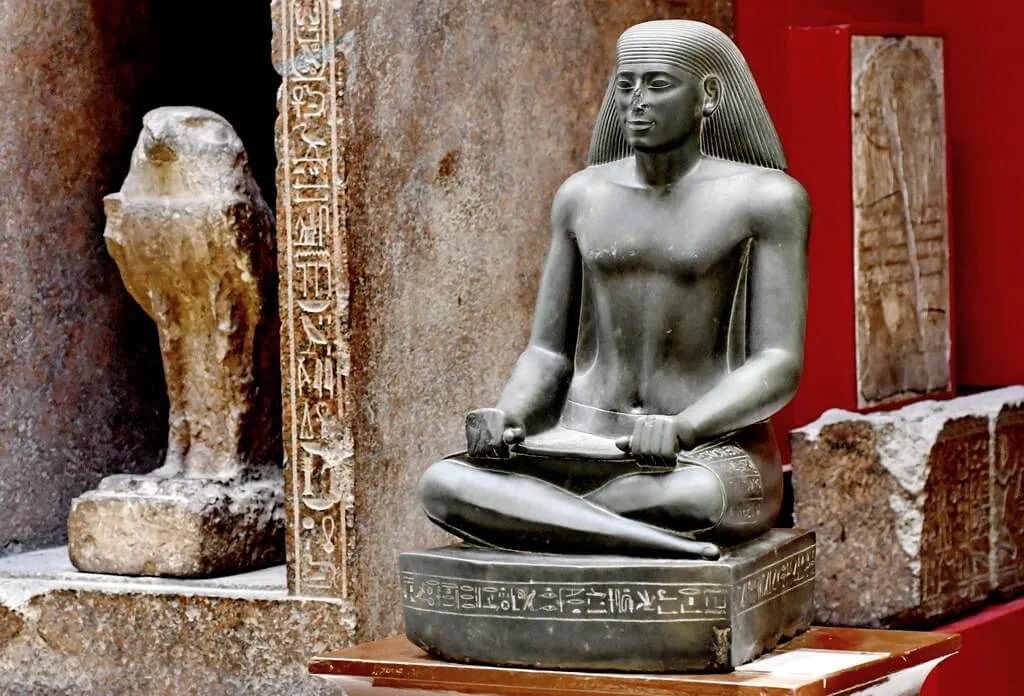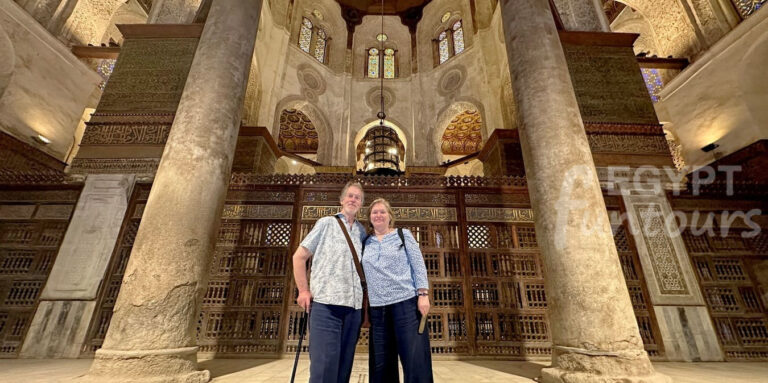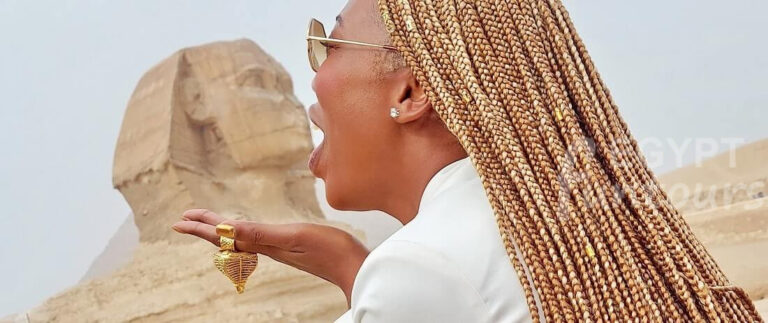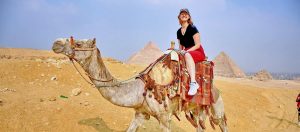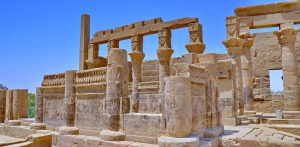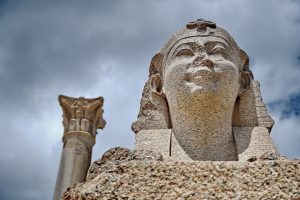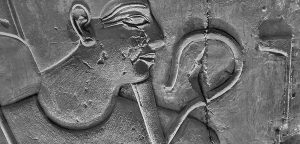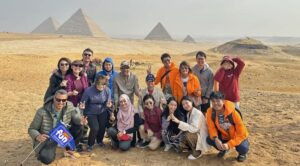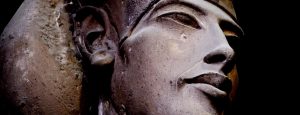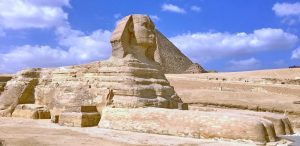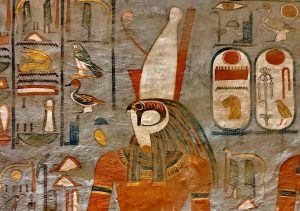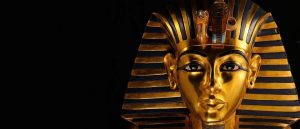The Diverse Jobs and Roles of Ancient Egyptian Nobles
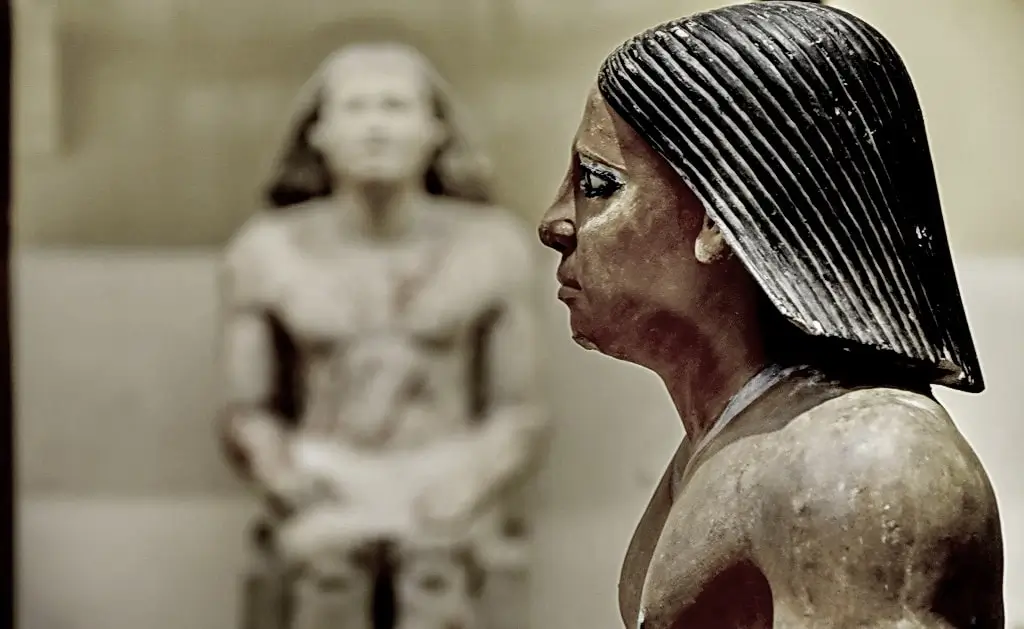
The structure of the Egyptian state was complex, and Ancient Egyptian Nobles filled virtually every significant position outside of the pharaoh himself. Their jobs evolved with the changing needs of the empire, but their fundamental role in managing the country remained constant.
1. The Vizier: The Pharaoh’s Right Hand

The Vizier was arguably the most powerful official in Ancient Egypt, second only to the pharaoh. This noble served as the chief minister, overseeing the entire state administration. Their responsibilities were vast and varied:
- Chief Judge: The Vizier presided over the high court, ensuring justice and upholding Ma’at (cosmic order and balance). Many Viziers were known for their wisdom and impartiality.
- Head of the Treasury: Managing the state’s finances, including taxation, tribute from conquered lands, and the vast resources generated by Egypt’s fertile Nile valley.
- Overseer of All Royal Works: Directing all major building projects, from colossal temples to royal tombs and irrigation systems. This was a monumental task requiring immense organizational skill.
- Chief of Agriculture: Supervising the annual Nile inundation, crop planting, and harvest, which were vital to Egypt’s economy.
Famous Viziers like Imhotep (Old Kingdom) and Rekhmire (New Kingdom) demonstrate the immense influence these Ancient Egyptian Nobles held. Rekhmire’s tomb inscription details his duties, providing an invaluable glimpse into the Vizier’s daily life and moral obligations.
2. Nomarchs: Governors of the Provinces
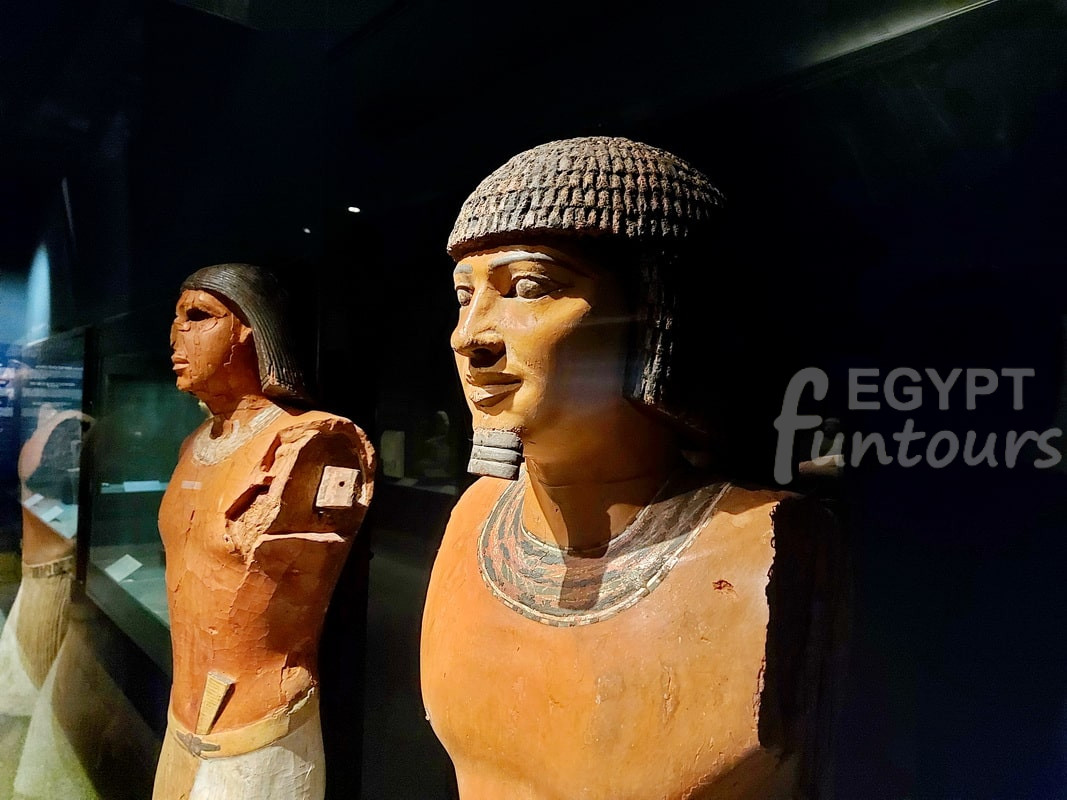
Egypt was divided into administrative regions called nomes, each governed by a Nomarch. These powerful Ancient Egyptian Nobles were responsible for:
- Local Administration: Maintaining law and order, collecting taxes, and managing local resources within their nome.
- Regional Military: Leading local militia and maintaining security, especially along borders.
- Public Works: Overseeing local irrigation projects and managing agricultural output.
The power of the Nomarchs fluctuated throughout Egyptian history. During the Old Kingdom, some Nomarchs became so powerful they established hereditary rule over their nomes, sometimes challenging central pharaonic authority. The pharaohs of the Middle Kingdom, however, worked to centralize power, appointing loyal officials to these positions and reducing the independence of these powerful Ancient Egyptian Nobles.
3. High Priests: Guardians of the Gods
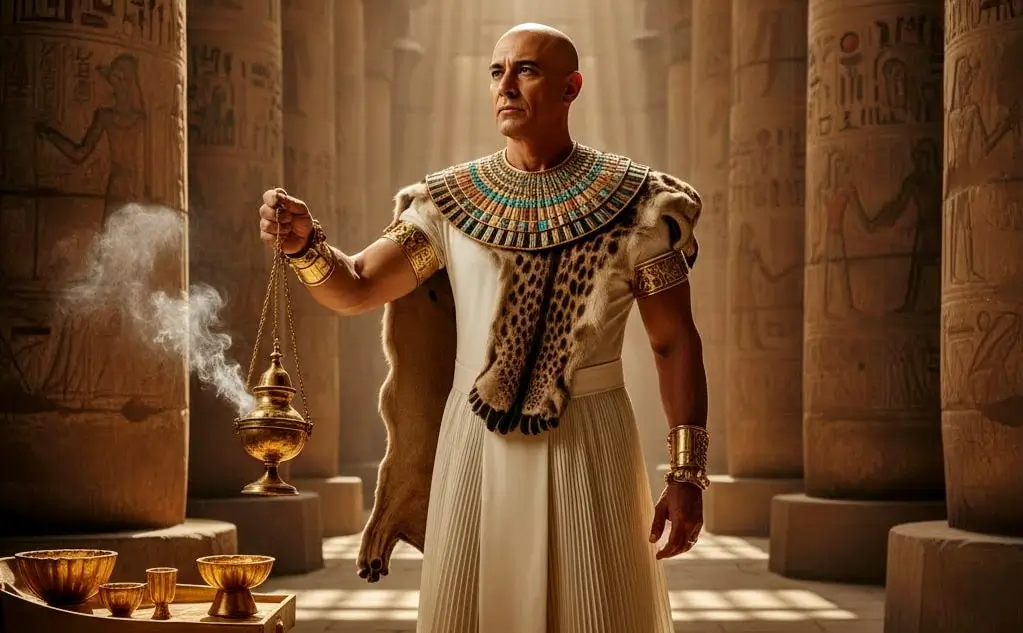
Religion permeated every aspect of Ancient Egyptian life, and the priesthood was an incredibly influential class of Ancient Egyptian Nobles. High Priests held immense power, especially in the great cult centers like Karnak (for Amun) or Memphis (for Ptah).
- Temple Administration: Managing vast temple estates, which owned significant land, livestock, and slaves. These temples were major economic engines.
- Religious Rituals: Performing daily rituals, making offerings to the gods, and interpreting divine will.
- Scribal & Scholarly Duties: Temples were centers of learning, and priests often maintained extensive libraries and engaged in astronomical observations.
The High Priests of Amun in Thebes, particularly during the New Kingdom, became so wealthy and powerful that their influence sometimes rivaled that of the pharaoh himself, illustrating the incredible reach of these religious Ancient Egyptian Nobles.
4. Military Commanders and Generals
While the pharaoh was the supreme commander, Ancient Egyptian Nobles served as generals and high-ranking officers, leading Egypt’s formidable armies. This was particularly true during the New Kingdom, an era of imperial expansion.
- Leading Campaigns: Directing military expeditions to conquer new territories (e.g., Nubia, Syria-Palestine) and defend Egypt’s borders.
- Maintaining Garrisons: Overseeing border fortifications and garrisons in conquered lands.
- Charioteers: A prestigious military role, often filled by nobles, who rode into battle in two-wheeled chariots.
Military service offered another path to high status and wealth for ambitious Ancient Egyptian Nobles.
5. Royal Stewards and Overseers
Beyond these prominent roles, numerous other Ancient Egyptian Nobles held crucial positions within the royal household and state bureaucracy.
- Royal Steward: Managed the pharaoh’s personal estates and vast resources.
- Overseer of the Granaries: Responsible for storing and distributing Egypt’s grain supply.
- Chief Royal Scribe: A highly respected noble who oversaw the extensive scribal bureaucracy, managing records, taxes, and correspondence.
- Overseer of the Harem: A noble responsible for the administration of the royal harem, which was a significant institution.
These roles highlight the intricate and highly organized nature of the Ancient Egyptian state, managed by a dedicated class of Ancient Egyptian Nobles.


